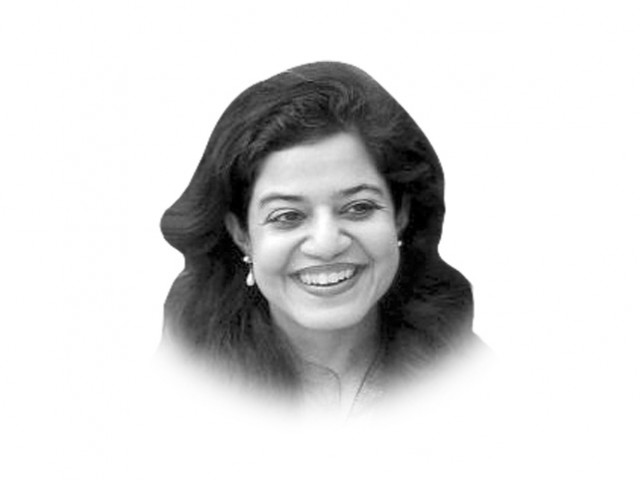Justice Rana Bhagwandas: a personal tribute
He had rare capacity to remain balanced, displaying neither expectation of superior treatment nor desire to ingratiate

The author is a Barrister and an Advocate of the Supreme Court of Pakistan
Until that time I had known Justice Bhagwandas only by reputation. I knew he was a Sindhi Hindu and had been a judge of the Sindh High Court when I had started my practice but had been elevated to the Supreme Court soon after. I also seemed to vaguely recall that there was some issue about his elevation in which my then-senior Justice (Retd) Fakhruddin G Ebrahim had represented him. But I did not know much more.

My meeting with Justice Bhagwandas that afternoon marked the beginning of a difficult week. I felt over-extended as Justice Bhagwandas read each paper, perfected the speech he was to make on the day and ensured that I had done my homework so that the speakers were properly introduced. In the course of the week, however, Justice Bhagwandas and I became a team and that was more than sufficient reward for the hard work.
I did not meet Justice Bhagwandas again for the remainder of his term at the Supreme Court. However, as I watched him navigate his way gracefully through the 2007 judicial crisis, I felt that he was a man grounded in his identity and values; a man who seemed to know when to rise to the occasion and when to let go. It was perhaps, due to this quality that he not only remained uncontroversial but also relevant to judicial affairs even after his retirement.
I met Justice Bhagwandas somewhat more regularly after he had retired, more often at Supreme Court events and was always struck by his vibrancy and humility. His energy was palpable when he entered a room and as his bright eyes darted around looking for familiar faces. Never once, however, did I note any haughtiness or hesitation. He had the rare capacity to remain balanced, displaying neither an expectation of superior treatment nor a desire to ingratiate himself.
I particularly remember one meeting with him when he was Chairman Federal Public Service Commission. An article in which I had roundly criticised the judiciary for the delays in disposal of cases had just been published when his office rang to say that he wished to see me. In our meeting, he expressed grave concern about the state of the legal profession and sought suggestions for reform proposals which he hoped to pass on to the Law and Justice Commission.
It was in the course of this meeting that I realised that Justice Bhagwandas was not only a conscientious judge but also that he combined within himself the seemingly divergent strands of being a devout Hindu and a scholar of Islam. It was his belief that in their essence both Hinduism and Islam, and indeed all other religions, shared comparable values and the reason that we could not see it was that we had moved away from the essence.
Many will write about Justice Bhagwandas’s academic background and his remarkable career, but for me it is the memory of his enlightened life that will shine the brightest. Justice Bhagwandas was not the first non-Muslim to grace the Supreme Court bench, but it is my fear that in a Pakistan, which is becoming increasingly polarised along religious lines, he may be the last.
Published in The Express Tribune, February 25th, 2015.
Like Opinion & Editorial on Facebook, follow @ETOpEd on Twitter to receive all updates on all our daily pieces.
















COMMENTS
Comments are moderated and generally will be posted if they are on-topic and not abusive.
For more information, please see our Comments FAQ